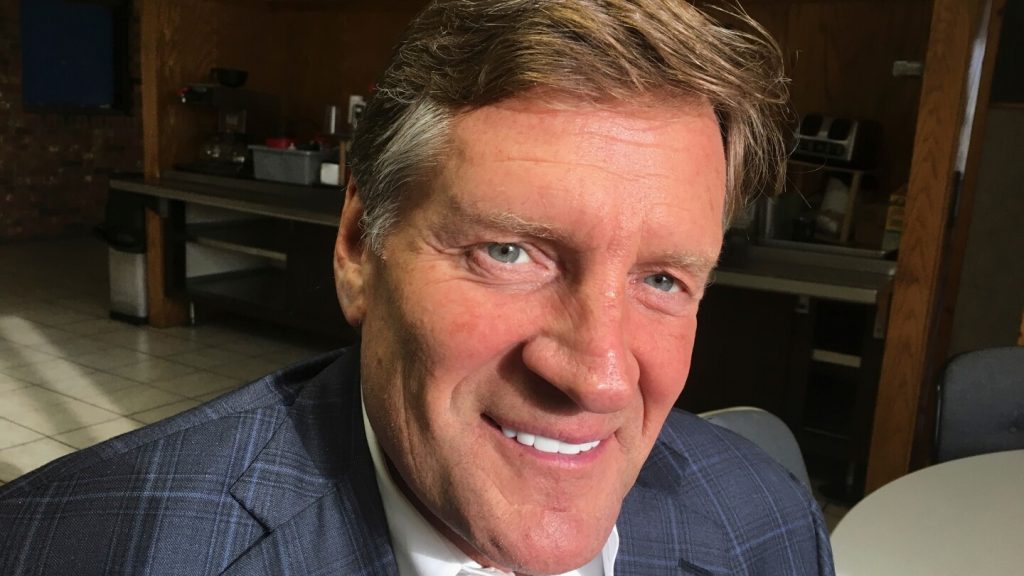Former North Dakota state Senator Tom Campbell has decided to end his campaign for the state’s only U.S. House seat, citing a desire to avoid negative campaigning and contribute positively to the well-being of others. Campbell, a potato farmer from Grafton, expressed his belief that he can make more of a difference outside of Congress and will be withdrawing from the race. His decision leaves several Republican candidates vying for the seat, including former state Rep. Rick Becker, Public Service Commissioner Julie Fedorchak, and military veteran Alex Balazs, as well as Democrat and military veteran Trygve Hammer.
Campbell’s exit from the race comes just before the North Dakota Republican Party’s state convention, where delegates will endorse candidates for statewide and congressional races. While some candidates have indicated their intent to participate in the Republican primary election in June, others have chosen to seek endorsements at the convention. The seat, currently held by Republican Rep. Kelly Armstrong, who is running for governor, has been in Republican hands since 2011. Campbell initially considered running for governor before switching to the House race, reflecting the fluidity of the political landscape in North Dakota.
The remaining candidates in the U.S. House race will now have to navigate a crowded field and make their case to voters ahead of both the state convention and the primary election. With Campbell’s withdrawal, the dynamics of the race may shift, providing an opportunity for other candidates to gain traction and secure support. The competition for the House seat is poised to intensify as the election season progresses, with each candidate vying for the chance to represent North Dakota in Congress.
As the race for North Dakota’s U.S. House seat continues to evolve, candidates from both parties are positioning themselves to appeal to voters and distinguish themselves from their opponents. Issues such as the economy, healthcare, and national security are likely to feature prominently in the campaign, as candidates seek to address the concerns of North Dakota residents. With the field now narrowed following Campbell’s departure, the remaining candidates will have to make their case for why they are the best choice to represent the state in Washington, D.C.
The outcome of the U.S. House race in North Dakota will have implications for the state’s political landscape and representation in Congress. With the seat currently held by a Republican, the party will be looking to maintain its stronghold, while Democrats will be seeking to make inroads and potentially flip the seat. The race is likely to draw attention from across the state and beyond, as the candidates make their pitch to voters and compete for their support. Ultimately, the voters of North Dakota will have the final say in who will represent them in Congress, making the upcoming election season a critical moment for the state’s political future.


